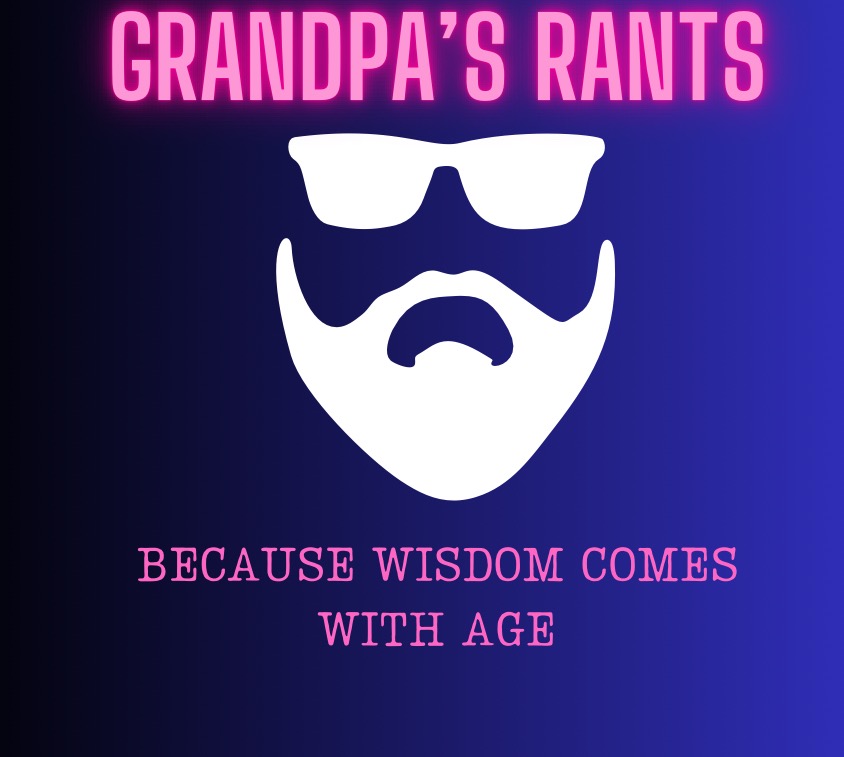As the festive season approaches, we’re once again faced with a familiar debate: the greeting we choose to share with others. Many people now default to “Happy Holidays” as a more inclusive phrase, while others continue to hold fast to the tradition of saying “Merry Christmas.” So, why am I saying “Merry Christmas” instead of “Happy Holidays”? It’s not out of any desire to upset or exclude, but because of the meaning and personal significance that the term holds.
The Spirit of Tradition
For me, Christmas is much more than just a holiday. It’s a deeply rooted tradition that celebrates love, togetherness, and the birth of Jesus Christ. It’s a time when families gather, decorations light up homes, and people share goodwill with each other. When I say “Merry Christmas,” it’s a reflection of my own customs and the warmth I associate with the season. It feels authentic, sincere, and in line with what I’ve known and celebrated my whole life.
Using “Merry Christmas” is my way of expressing joy and goodwill, rooted in a long history. Of course, I’m aware that there are a wide range of holidays celebrated during this time, including Hanukkah, Kwanzaa, and New Year’s. But for me, Christmas has always been at the heart of my holiday season, and there’s nothing wrong with embracing that.
The Inclusivity of Saying “Merry Christmas”
Some people argue that “Happy Holidays” is more inclusive because it covers a range of celebrations. However, inclusivity doesn’t necessarily require abandoning traditions. It’s possible to be considerate of others while still holding onto your own beliefs. Saying “Merry Christmas” doesn’t mean I am disregarding other holidays, nor does it diminish their importance. It simply reflects the particular celebration I am a part of.
In fact, many people, regardless of their religious backgrounds, embrace the Christmas spirit of generosity and goodwill. People who don’t celebrate Christmas in a religious sense may still participate in the season’s traditions, exchanging gifts, decorating their homes, and enjoying the overall sense of joy that Christmas brings. So, when I wish someone a Merry Christmas, it’s not always about religion. It’s about fostering a sense of community and warmth that transcends all traditions.
The Over-Politicization of “Happy Holidays”
In recent years, some people have argued that “Happy Holidays” has become a sort of catch-all phrase designed to avoid any mention of Christmas. There’s been some backlash to the idea of “secularizing” the season to be more neutral and politically correct. While I fully respect the idea of being mindful and respectful of different faiths and cultures, I don’t think we need to sanitize our language in order to be respectful.
The holiday season is about celebration and joy—something that most people, regardless of their faith or background, can get behind. Rather than worrying about whether we are offending someone by saying “Merry Christmas,” maybe it’s time to focus on the spirit of the message: kindness, peace, and joy. If we’re all coming from a place of goodwill, it shouldn’t matter what specific greeting we use.
Respecting Differences While Staying True to Ourselves
I understand that not everyone celebrates Christmas, and that’s okay. That’s why I am always happy to respond with “Happy Hanukkah,” “Happy Kwanzaa,” or “Happy New Year” when someone else greets me with those words. But when it comes to my own celebrations, I choose to stick with “Merry Christmas,” and I hope that others can respect that, just as I respect their right to celebrate as they choose.
It’s also important to note that “Merry Christmas” can be said in a way that doesn’t exclude or minimize others’ celebrations. It’s not about implying that your holiday is more important than theirs, but rather that it’s a part of your own experience of this time of year. The key is always in the delivery—with kindness, respect, and a genuine wish for happiness.
Conclusion: A Time for Connection
At the end of the day, the greeting you choose to share is less important than the intent behind it. Whether you say “Merry Christmas,” “Happy Holidays,” or something else entirely, what matters is that you’re spreading positivity and goodwill. I choose to say “Merry Christmas” because it reflects my traditions and the joy I feel during the season. But whatever you choose, let’s all remember that the holidays are a time to connect, share warmth, and celebrate the diversity of experiences that make this time of year so special.
Merry Christmas to all
Jeff Heldt





Perfectly said. Merry Christmas!
This is well written, so proud of you.
Well written.